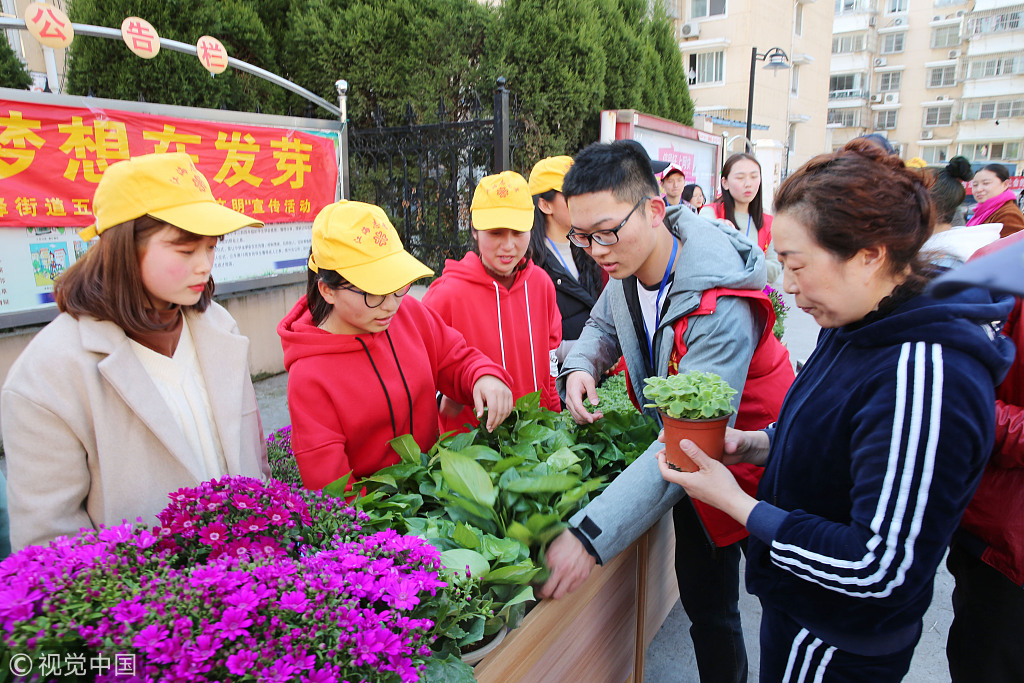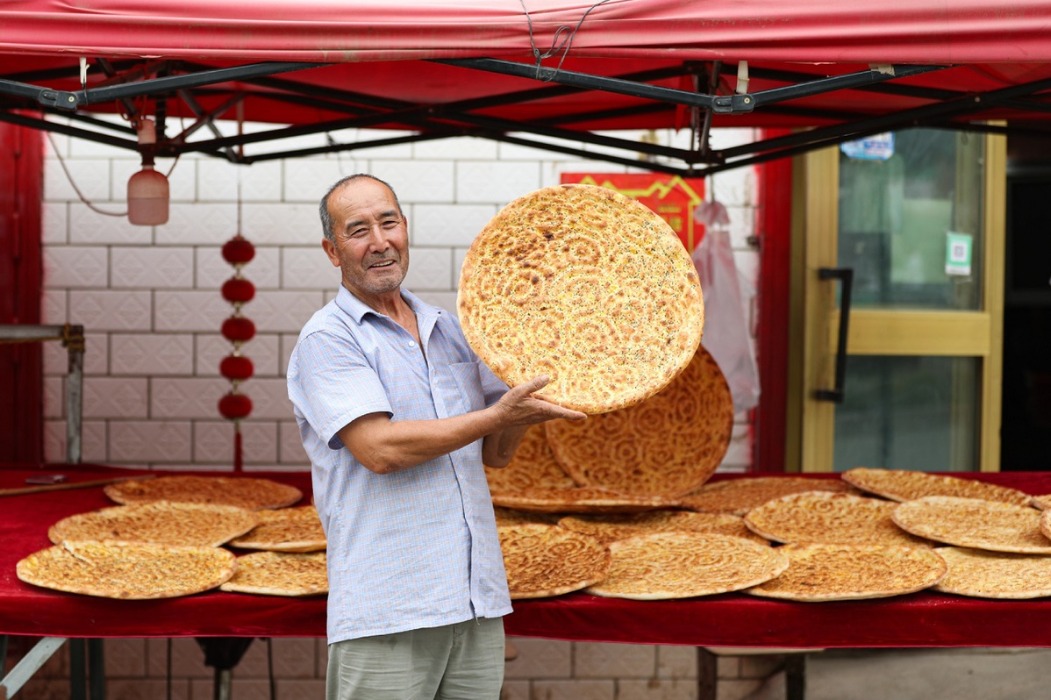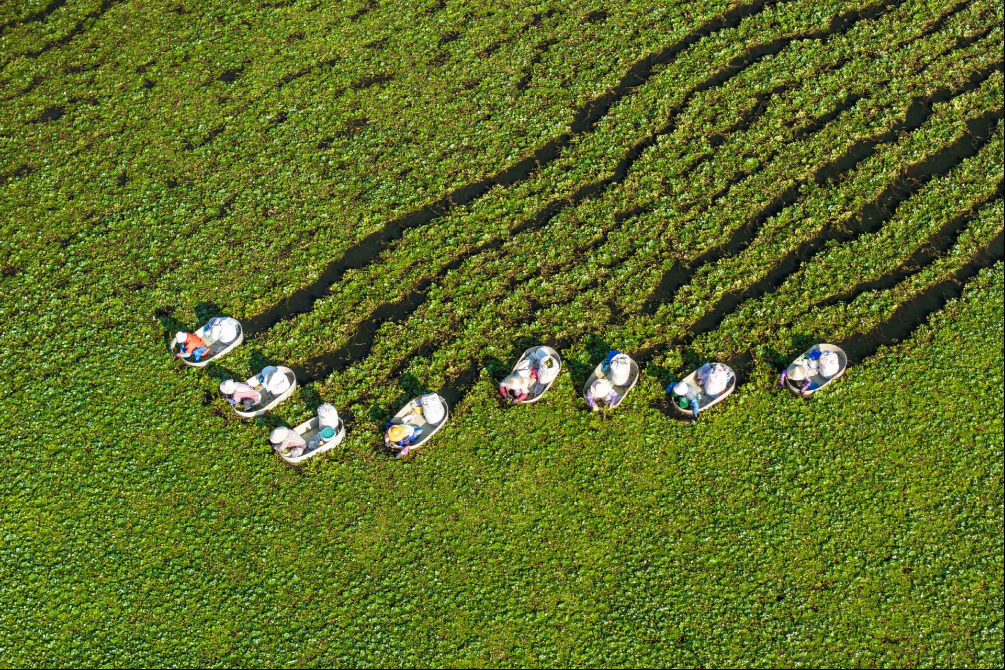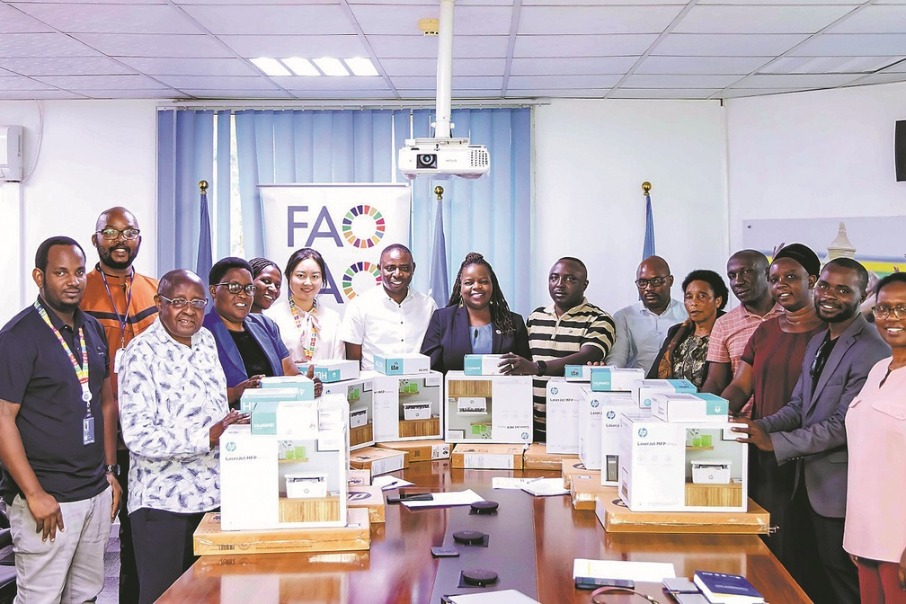More Chinese choose 'zero waste' lifestyle


"I wouldn't call it a challenge to switch lifestyles. It only takes some time to adjust," she said. She created a 21-day process to ease the transformation, starting with writing a journal entry detailing all the waste one produces in a day.
"When you write things down, you will be surprised how much unnecessary waste you have made and how you could have avoided it," she said. "If every one of us could order one less delivered meal, or use one less plastic bag, together we could make a big difference."
Tang starts her day with a homebrewed coffee, with beans she purchased at the Farmer's Market in Beijing and using a grinder and latte maker she found at a second-hand exchange bazaar. For breakfast, a few slices of homemade sourdough bread and a simple and fresh organic green salad. Then to clean the dishes and mug with organic detergent she made with soap nuts.
She coordinates GoZeroWaste teams in major cities like Beijing, Hangzhou and Guangzhou, hosts offline events like exchange bazaars and DIY workshops, and publishes information on eco-friendly living on social networks.
"Going zero waste released me from materialistic desires and helped me focus on things that are more meaningful in life," she said. "Hardly any of the most important, indispensable things in life have anything to do with material items."
To tackle plastic pollution, it is important for the government to make big-picture efforts and for businesses to bear more social responsibility, but that doesn't mean that people have to wait helplessly, according to Tang.
"We can vote with our money to support brands and enterprises that are environmentally friendly, and we have the power to make changes in our living habits right now," she said.
ZERO-WASTE VILLAGES
On Wednesday, a waste-sorting project was launched in Taoyukou Village, Xingshou Township in the northern Changping District of Beijing, making it the fifth village to join in the cause of rural waste reduction in the township.
One day later, the village reduced its waste by more than two thirds. The "Zero Waste" initiative was first piloted in Xinzhuang Village in June 2016, and soon it was extended to another four villages. According to project promoters, these villages have cut their waste by 60 to 70 percent.
To achieve this feat, an expert team carried out a promotional campaign for months ahead of the launch, traveling door-to-door to teach residents how to reduce waste, sort it, recycle and reuse.
- Remains of 30 CPV martyrs return home after 75 years
- China revises arbitration law
- China adopts new law to enhance public health emergency response capacity
- Guizhou Big Data Group chairman under investigation
- China adopts law dedicated to national park development
- Granddaughter promotes patriotic education to honor grandfather's legacy




































